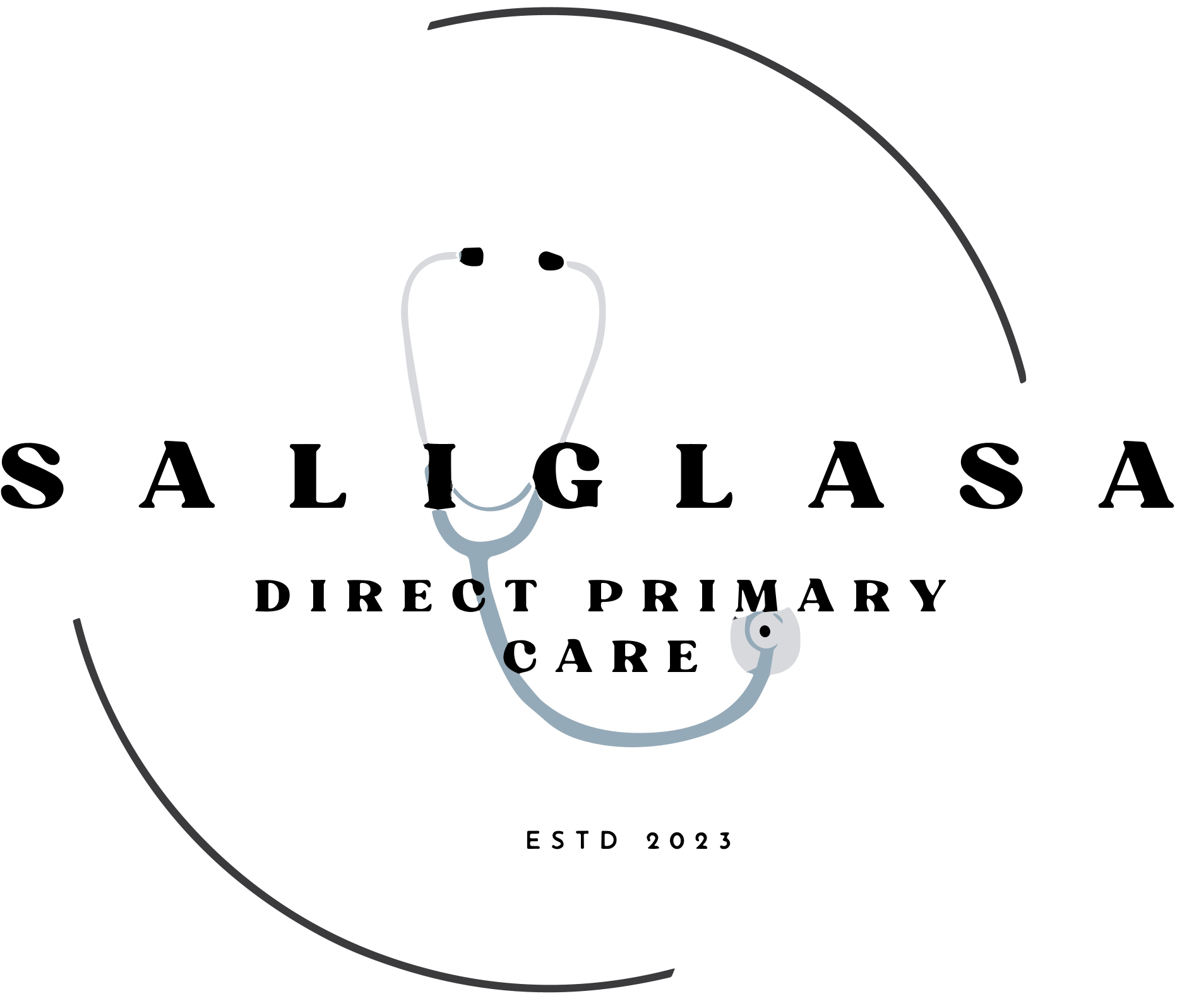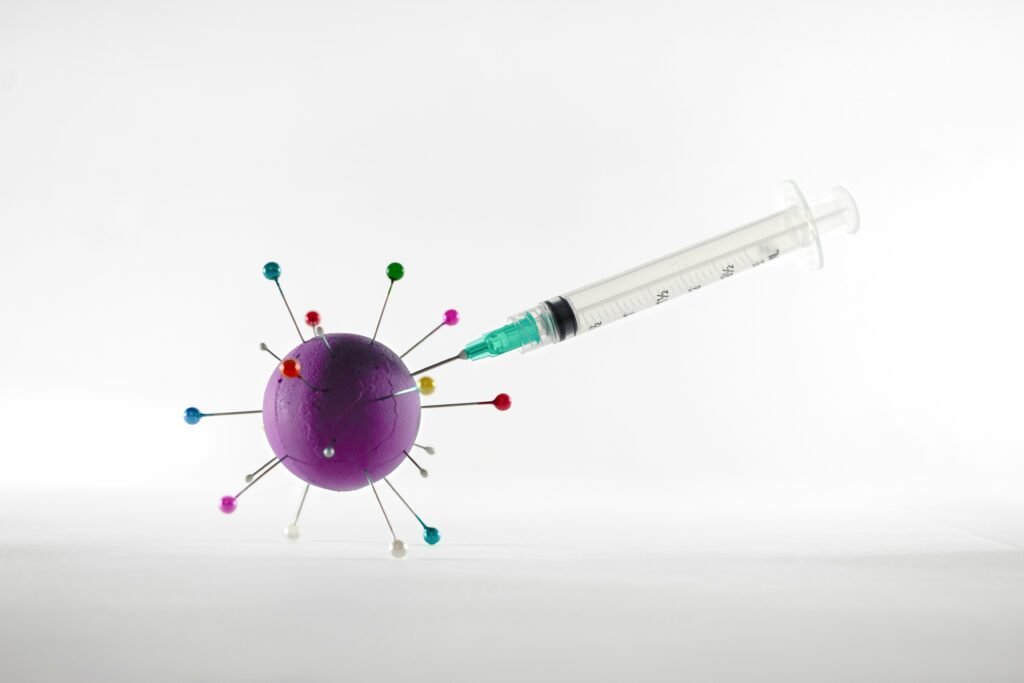When we talk about vaccines, too often the conversation stops at personal protection: Will this shot keep me from getting sick? Worse yet, the word vaccination, through a sad twist of fate has become a politically charged term. But vaccines are much more than individual armor—they’re a powerful tool for protecting our communities, especially the most vulnerable among us.
This is where the concept of herd immunity comes in. When enough people (typically 70-95% of the population) are vaccinated, it becomes much harder for a disease to spread. That protects not just those who get the vaccine, but also those who can’t: newborns, people with weakened immune systems, and many pregnant women. For them, your immunity could be the only shield they have.
Many vaccine-preventable diseases are far more contagious than people realize. Measles, for example, can spread from one person to more than 10 others in an unvaccinated crowd. One missed shot can create a ripple effect that endangers many, many lives.
It’s also worth noting that no vaccine offers 100% protection—but that doesn’t mean they don’t work. People who are vaccinated but still get sick usually experience milder symptoms and are less likely to spread the illness to others. That’s a win for everyone.
We also owe vaccines a huge debt of gratitude. They’ve spared us from horrors we’ve almost forgotten—like polio, which once paralyzed thousands of children every year. And more recently, COVID-19 vaccines helped prevent millions of hospitalizations and deaths.
Yet, some still dismiss COVID-19 as being “just like the flu or a cold” Even if that were true (and for many it’s not), we don’t talk enough about the consequences of its associated sequel like long COVID—a post-viral condition that can linger for months or even years. It can leave people exhausted, mentally foggy, and unable to work or care for their families. It’s not rare, and we’re still learning how to treat it.
Getting vaccinated isn’t just about you. It’s a commitment to protecting your neighbors, your coworkers, your family, and people you may never meet but whose lives matter just as much.
In public health, there’s a simple truth: the fewer cracks we leave for disease, the fewer chances it has to spread. When you roll up your sleeve, you help close the gap.
Defiance against long proven public health recommendations may seem like a display of autonomy but it’s destructive force has the potential to upend the health of a nation.

